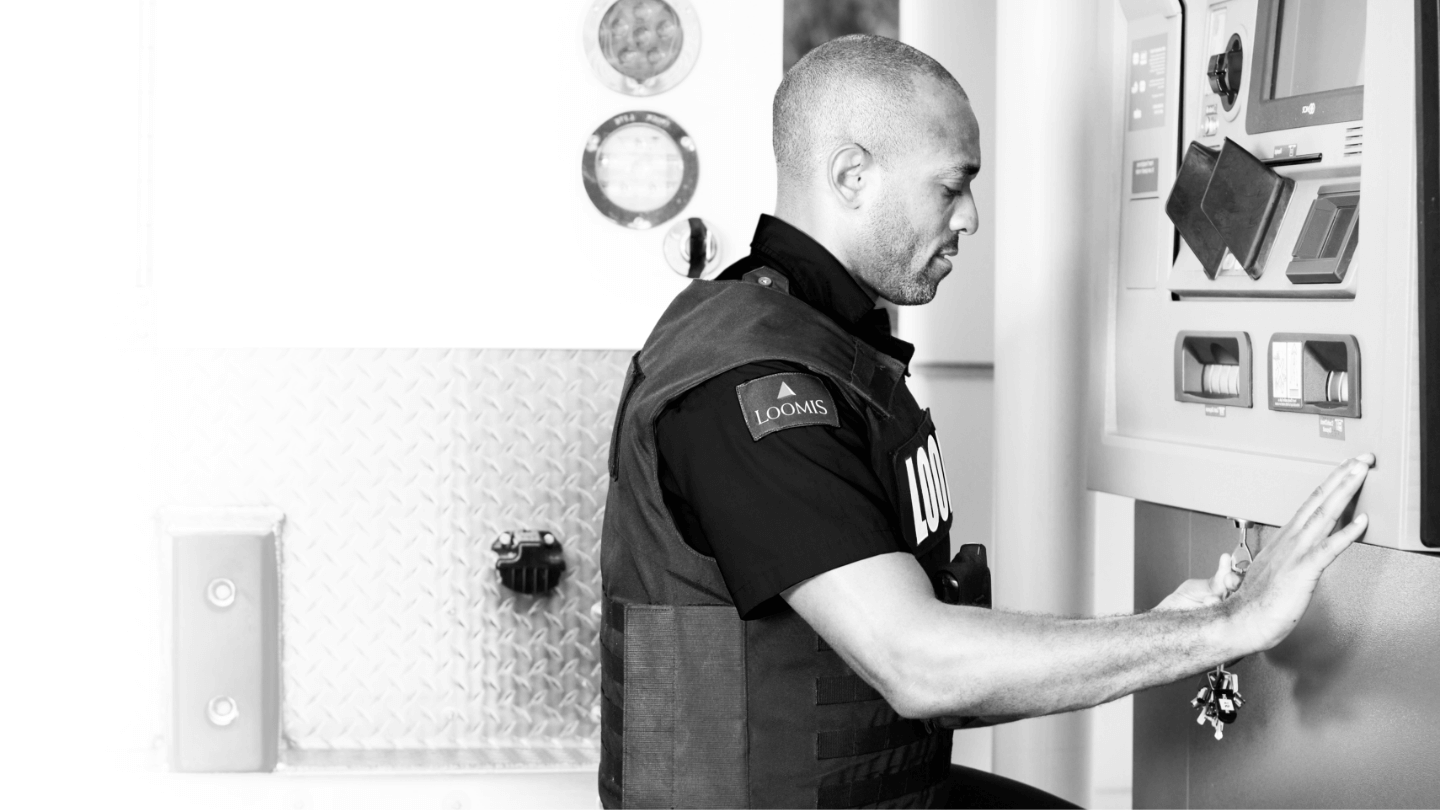Five Cash Handling Best Practices Retailers Should Implement

Cash handling is a low-value and tedious task and one way to improve upon store operations is by streamlining your cash handling process to reduce errors and increase efficiency around managing cash.
As a leader, it is important to ask yourself if your employees understand and are abiding by clear cash handling policies. How much time are employees spending on cash handling tasks? Are you finding too many cash discrepancies and errors that are financially hurting your business? If it’s difficult to answer these questions, then you should take a moment to evaluate your cash handling process using the five cash handling best practices below.
1. Invest in cash management technology
If you want to minimize cash handling errors, increase efficiency, and save on labor, invest in cash management technology. An automated cash management system can eliminate the unproductive, low-value tasks of counting and handling cash, opening and closing registers, creating end-of-day bank deposits, and making one or more trips to the bank. Getting rid of these activities can save retailers 60 minutes to 4 hours per day and ensure that employees and managers are making the most out their time.
2. Standardize the cash handling process
There’s no one right way to handle cash. Every business is unique, and it is important for retail leaders to work with their management to standardize the cash handling process. This could include everything from how cashiers accept cash and how they make change to when cash should be deposited into a safe or taken to the bank.
Here are a few things you don’t want to miss when standardizing your cash handling process whether you are using a cash handling solution or not:
- Who handles money and how much do they handle?
Having one person manage and handle all the cash for a location leads to opportunities for error or internal theft. This means mistakes could go completely unnoticed. It is important to add a second person to the cash handling process to increase accountability and reduce human errors. If you are using a cash management solution like a smart safe, you can feel confident that everything inserted into the safe is properly counted, and each employee is provided a unique identifier so you can track who deposited cash and when.
- How often should you make deposits based on location?
Having too much cash on hand becomes a security risk, so it is important to make deposits when your store reaches a certain cash level. If you’re not using a smart safe solution, this means potentially going to the bank multiple times a day. This can take managers away from the store for multiple hours a day instead of being able to focus or more valuable tasks associated with store operations.
3. Focus on security
Your security comes down to your policies about cash handling. If you’re using a cash management solution with smart safe technology, then you can easily deposit and verify large bills knowing your cash is protected. However, if you’re not using a smart safe or an armored car carrier to deposit your cash, it is recommended that the managers who are moving cash to the bank themselves leave at different times every day to not create a pattern. Potential theft can occur if criminals are able to learn your cash handling behavior and practices.
While making deposits to the bank is a risky part of any cash handling process, another area of the process that retailers should consider is the security policies surrounding opening and closing of registers. Make sure policies are clear for when registers are opened, closed, or when funds are loaned to the till.
4. Emphasize training (and re-training) employees on the cash handling process
Your employees will always be an integral part of the cash handling process so training them on the process is vital to ensuring minimal errors and eliminate bad cash handling habits. It is just as important to re-train more tenured employees as well as new employees. This allows your management team to be aware of any bad cash handling habits such as depositing small denominations that could be used to make change. It is recommended you develop a regular training schedule for all employees to ensure your processes are being followed.
5. Always have a (digital) paper trail
Keeping a clear trail of your cash handling process protects you while also making it easier to identify and correct mistakes when they happen. Manual processes mean more human errors but the use of automated cash management technology can greatly reduce errors and can help you quickly and easily track and correct them. Smart safe and cash recycler solutions come with a customer reporting portal that allows management to view safe user activity such as who is inserting cash into the safe, how often, when, how much, and by denomination. These same platforms also give management insight into each location’s cash situation, provide a variety of exportable financial reports, request service and manage support tickets. If you’re not using cash handling technology, it is important to keep cash receipts and supporting documentation for each till count and deposit to create a paper trail.
Continually improving your cash handling process is vital in the success of your business, and by investing in quality cash management technology you can streamline the entire process and not only cut costs, but also increase efficiency and improve your bottom line.
Find out how we can help with your cash management.
Contact Us